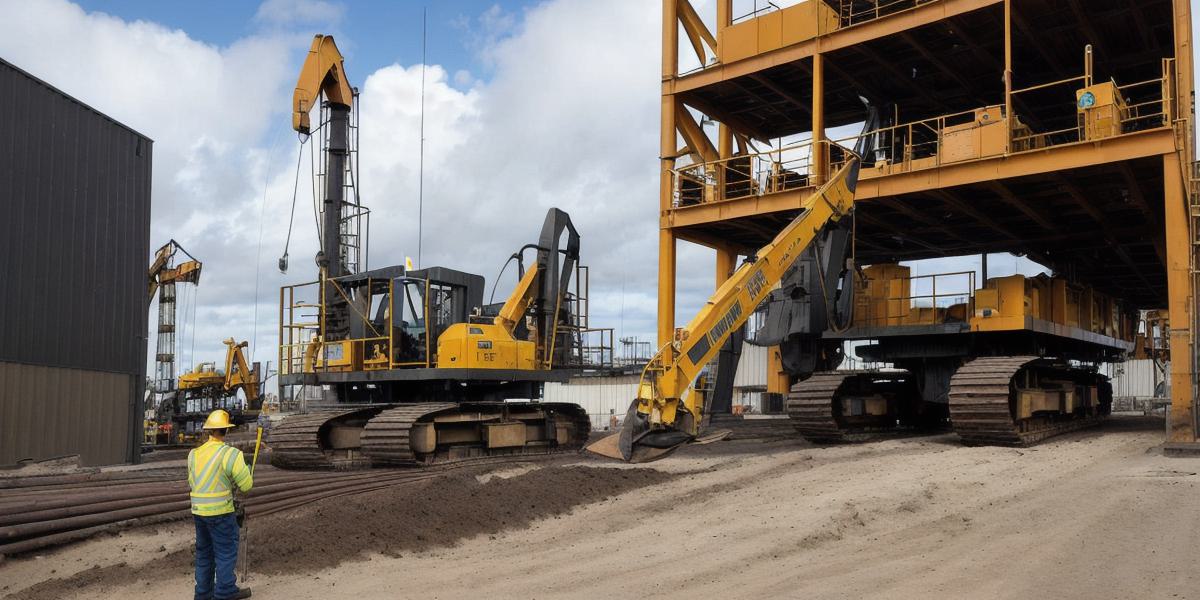Introduction:
Working on an oil rig is a challenging and potentially lucrative job. As the world’s energy needs continue to grow, the demand for skilled workers in the oil industry is likely to remain high. In this article, we will provide an overview of the salaries that oil rig workers can expect to earn, based on a variety of factors such as experience, education, and location. We will also discuss the benefits and drawbacks of working on an oil rig and provide some advice for those interested in pursuing a career in this field.
Salary Range:
According to data from Glassdoor, the average salary for an oil rig worker in the United States is around $80,000 per year. However, salaries can vary widely depending on a number of factors. For example, workers with more experience and higher levels of education may be able to command higher salaries, while those who are willing to work offshore or in remote locations may also receive higher pay. Additionally, some oil rig workers may earn bonuses or profit-sharing based on the success of the project they are working on.
Benefits:
Working on an oil rig can be a challenging and potentially dangerous job, but it also offers a number of benefits that may make it worth the risk for some people. For example, many oil rig workers receive free housing and meals while they are working, which can help offset some of the costs associated with living in a remote location. Additionally, many companies offer health insurance and retirement plans to their employees, which can provide a sense of security and stability.
Drawbacks:
There are also several potential drawbacks to consider before pursuing a career on an oil rig. For example, working on an oil rig can be physically demanding and may involve long hours in harsh environments such as extreme temperatures or high winds. Additionally, the risks associated with working on an oil rig can be significant, as workers may be exposed to hazardous chemicals or dangerous machinery. Finally, oil rig jobs can be relatively inflexible, as workers may be required to work for extended periods of time in remote locations.
Advice:
If you are interested in pursuing a career on an oil rig, there are a few things to keep in mind. First and foremost, it is important to have the necessary skills and qualifications to perform the job safely and effectively. This may include specialized training or certifications in areas such as welding, drilling, or safety. Additionally, it is important to be willing to work in a potentially dangerous environment and to accept the risks that come with the job. Finally, it is important to do your research and carefully consider the potential benefits and drawbacks of working on an oil rig before making a decision.
Summary:
In conclusion, working on an oil rig can be a challenging but potentially lucrative job for those who are willing to take on the risks and responsibilities associated with this line of work. While salaries can vary widely depending on a variety of factors, many workers in this field can expect to earn above-average wages. Additionally, there are both benefits and drawbacks to consider before pursuing a career on an oil rig, so it is important to carefully weigh the pros and cons before making a decision.







+ There are no comments
Add yours